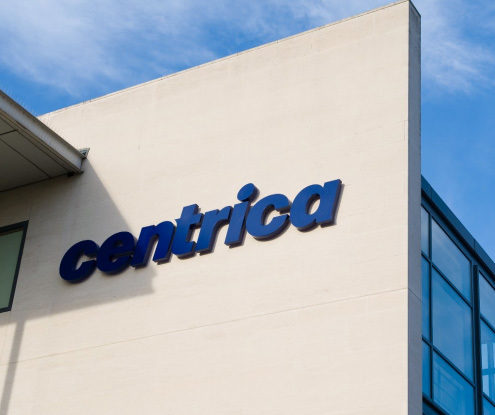
K-Electric Ltd., the Karachi power utility, is under fire from politicians, regulators and even the Taliban after a heatwave last week killed thousands in the city.
Temperatures touched 47 degrees Celsius (118 degrees Fahrenheit) in Pakistan’s commercial hub, also home to the stock exchange and central bank. The government blamed K-Electric for failure to maintain uninterrupted power supply. The Tehreek-e- Taliban Pakistan last week threatened “action” if the company didn’t improve the power situation.
Prime Minister Nawaz Sharif visited the city Wednesday, a week after the Minister of State for Power Abid Sher Ali warned of a government takeover. The scrutiny may prompt Dubai’s Abraaj Capital, K-Electric’s controlling shareholder, to delay plans to sell its stake by December next year, said Sajjad Anwar, chief investment officer at NBP Fullerton Asset Management Ltd., which owns 1.5 million shares in the utility.
“The situation is not in their favor, the way public opinion is being portrayed,” he said. “It seems they will breach their deadline. If people attack their installations, how will the new buyer see these things?”
K-Electric plans to invest as much as $400 million with a foreign partner to improve its transmission network, chief spokesman Usama Qureshi said in an interview in Karachi. The deal is expected to be signed “very soon,” he said.
Abraaj’s Country Head Tabish Gauhar didn’t answer two calls made to his mobile phone on the impact of the criticism on the stake sale.
‘Appropriate Investment’
K-Electric “didn’t make appropriate investment” in transmission and distribution systems, the National Electric Power Regulatory Authority said in a statement on June 29, causing deficiency in service, reliability and supply.
Action against the company will be “taken in accordance with law,” the regulator said.
Deaths from heat wave in Karachi are “deplorable” and underscore the importance of fixing problems faced by the power industry, Harald Finger, Pakistan mission chief for the International Monetary Fund, said Thursday.
The Tehreek-e-Taliban Pakistan added their voice to the chorus when they said last week the company is “completely responsible for the deaths that occurred because of the power cuts. K-Electric should mend its ways otherwise we will not hesitate to take action.”
Attacks by the Taliban and its affiliates have cost Pakistan $107 billion since 2001, according to the government. Efforts to fight the militants intensified after the Tehreek-e- Taliban attacked a school in Peshawar, killing 134 children in December. Since then the government has removed a moratorium on the death penalty and introduced military courts to expedite cases related to terrorism.
Taliban Worry
“The K-Electric is obviously worried about this statement,” said Taha Siddiqui, a spokesman for the utility, referring to the Taliban’s missive. “We have offices in the city and field staff working around the clock.”
For its part, K-Electric said in a statement on June 29 that power demand touched a record high of more than 3,100 megawatts against a regular supply of about 2,700 megawatts. In addition, the federal and provincial governments owe it 111 billion rupees ($1.1 billion).
The reverse is also true. The utility owes 130 billion rupees to producers of fuel such as Sui Northern Gas Pipelines, Sui Southern Gas Co. and Pakistan State Oil, the Dawn newspaper reported on June 30.
The utility was privatized in 2005, Abraaj took control in 2009 and it became profitable in 2012 as bill collections jumped.
